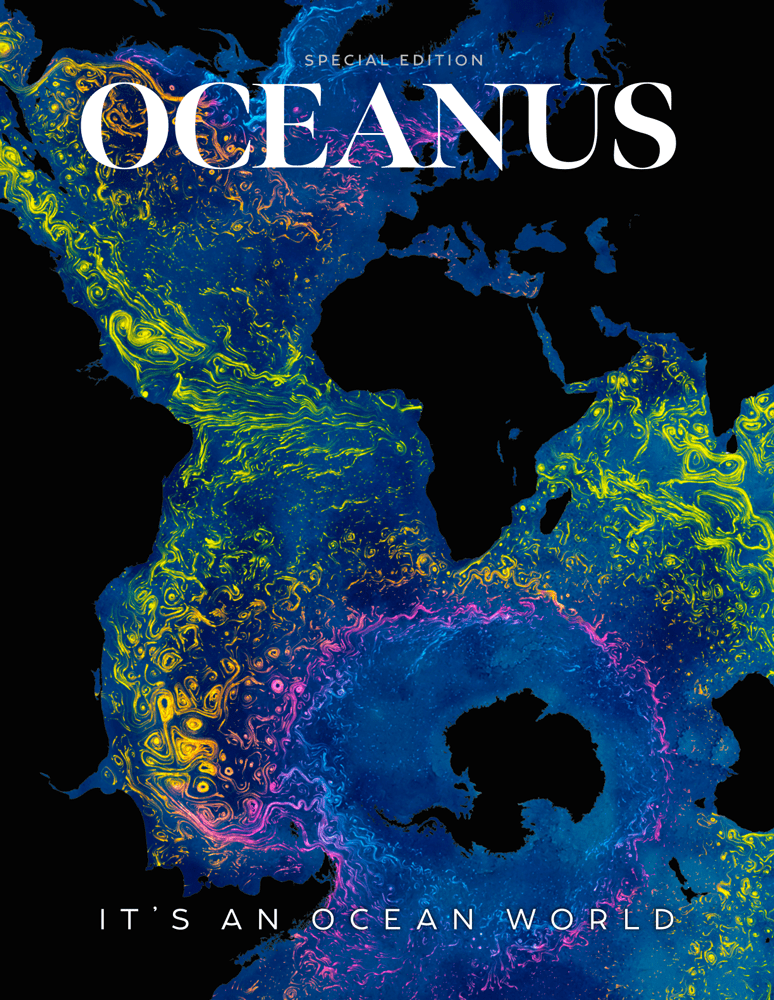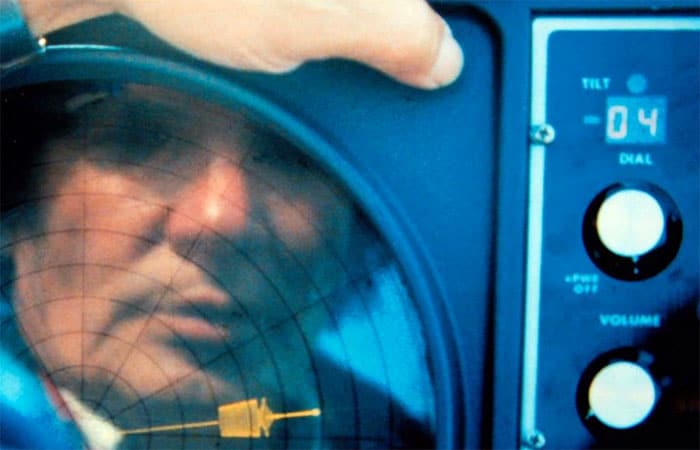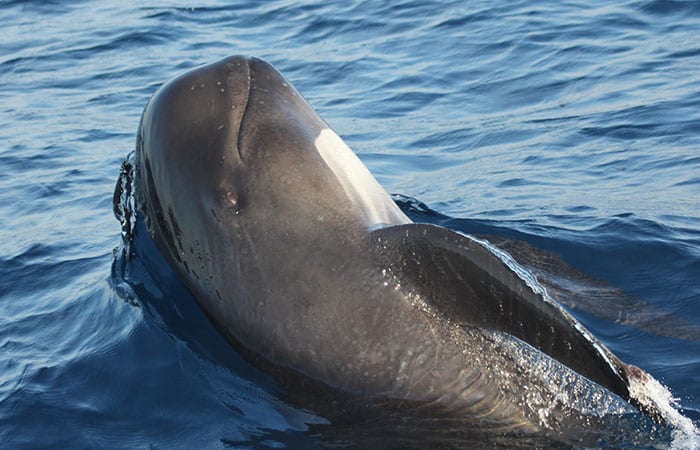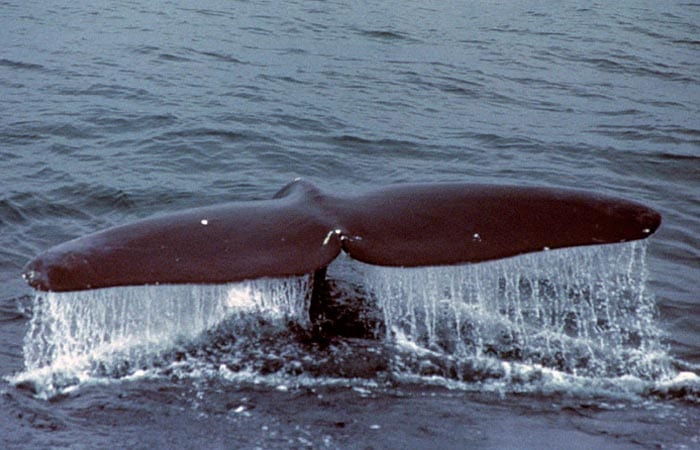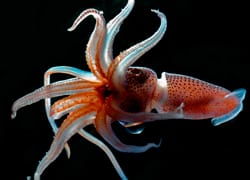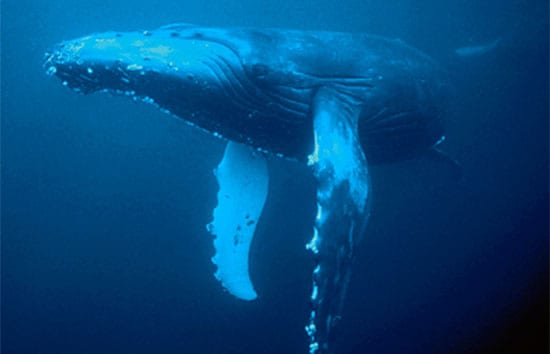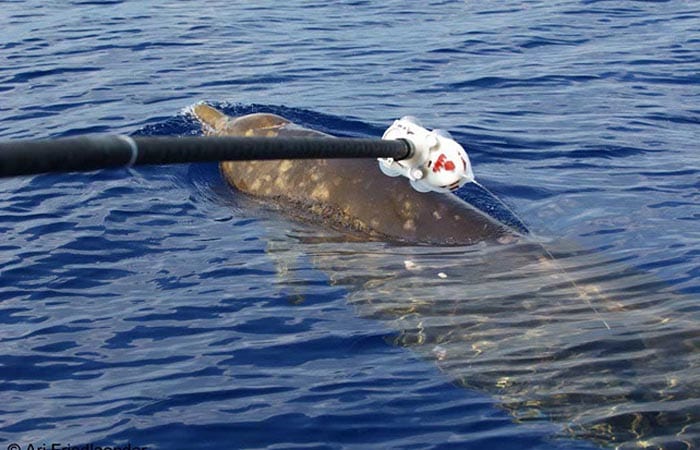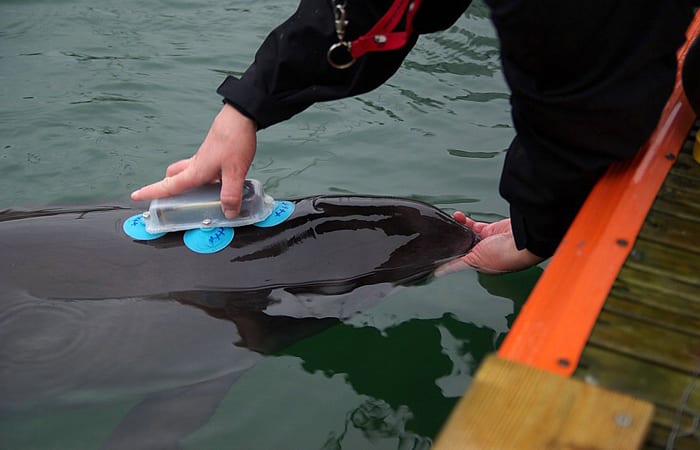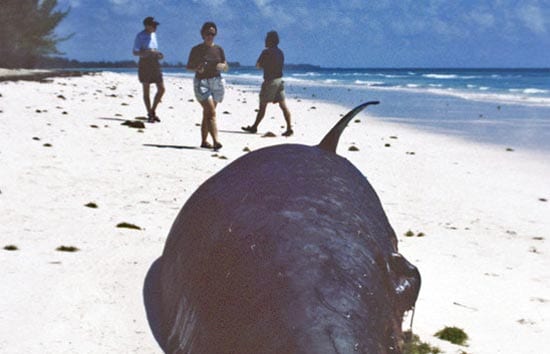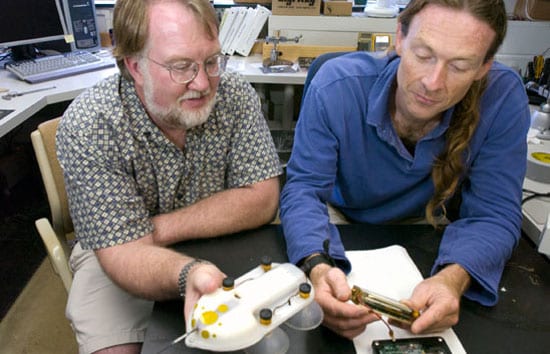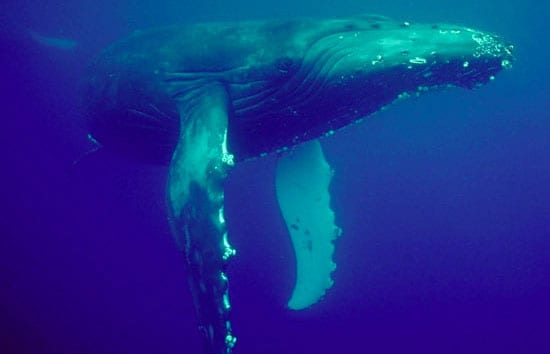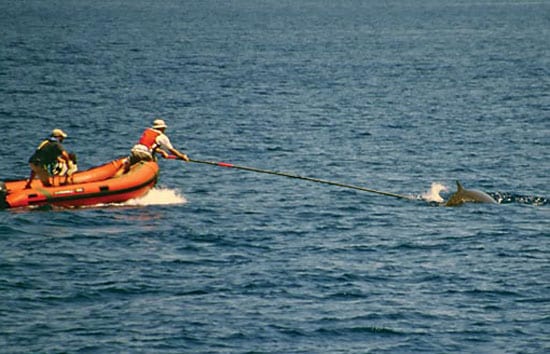Peter Tyack
Refine by
Date
Topic:
Article Type
Special Series
Author
The Man Who Opened Our Ears to the Ocean
Over his long career at WHOI, Bill Watkins pioneered new instruments to collect sounds of whales, dolphins, and other marine mammals. That treasure trove will now be archive in the New Bedford Whaling Museum.
Caller IDs for Whales
Imagine extraterrestrials come to Earth, seeking to understand human life. They dangle recording devices beneath the clouds or occasionally tag people with retrievable recorders. They collect thousands of bits of conversations—from individuals and congregations of…
Are Whales ‘Shouting’ to be Heard?
When we’re talking with friends and a truck rumbles by or someone cranks up the radio, we talk louder. Now scientists have found that North Atlantic right whales do the same thing in their increasingly…
The Squid, the Whale, and the Grad Student
On the Serengeti Plains of Africa, lions stalk their prey mainly by sight. Scientists studying them also use their eyes to observe the hunt and indeed the entire ecosystem. They can take in the whole…
The WHOI Marine Mammal Center Is Born …
The WHOI Marine Mammal Center Is Born … A new center has been established at Woods Hole Oceanographic Institution (WHOI) to pursue research on marine mammal behavior, physiology, and health, and the potential effects of…
Supreme Court Weighs in on Whales and Sonar
Arguments about the impact of Navy sonar on marine mammals rose to the highest court in the land last fall. But not every issue is best settled in court. One source of knowledge related to…
A Tag Fit for a Porpoise
In 2003, Stacy DeRuiter arrived as a graduate student at Woods Hole Oceanographic Institution (WHOI), where a new device developed at WHOI was sparking a revolution in marine mammal research: the D-tag. The cell phone-size…
The Sound of Sonar and the Fury about Whale Strandings
Eight years ago, several U.S. Navy destroyers used sonar in the Bahamas during routine training exercises. Within 36 hours, 17 animals—including 14 beaked whales, one of the world’s deepest-diving whale species—were found on three islands…
The Deepest Divers
For years, sperm whales and elephant seals were thought to hold world records for holding their breath under water. But those animals have nothing on beaked whales. Using digital tags temporarily suction-cupped to two species…
Caught in the Middle of the Marine Mammal Protection Act
In the past few years, several research projects have been halted because of conflicting interpretations of the Marine Mammal Protection Act. Energy, shipping, and naval interests claim the MMPA hampers their ability to work in the sea. Environmentalists and animal rights want the act strictly enforced. In between are scientists.
Run Deep, But Not Silent
For the first time in history, we can accompany a whale on its dive, hear what it hears, and observe its normal, natural, previously hidden behavior in the depths. Working closely together, scientists and engineers have created an innovative new device—the digital acoustic recording tag, or D-tag. It attaches to a living whale and records nearly everything that happens on its dives, without disturbing the animal.
